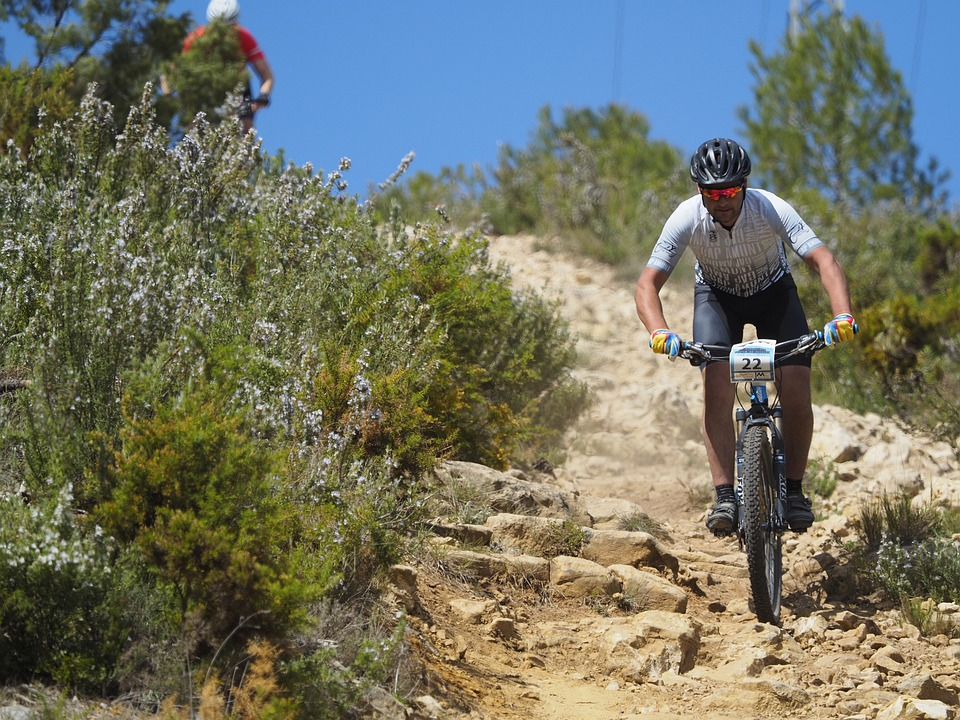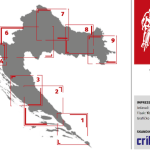As Marija Crnjak/Poslovni Dnevnik writes, entry into Schengen is an enormous opportunity for Croatian cycling tourism, given that borders no longer exist even administratively, we can begin to see the whole of Europe as a single, large market that needs to be discovered, its needs and wishes understood, and the huge cycling tourism potential of this country fully valorised.
”That said, we’ll hardly hardly be able to use this huge potential without making some significant investments in infrastructure, catering and hospitality services and stronger support from local and national tourist agencies,” warned Karlo Kucan, an organiser of the three-day Days of Cycle Tourism conference, which will be held from May the 10th to the 12th in Sinj.
It’s the first and so far the only Croatian specialised professional conference intended for this segment of the tourism offer, and it brings together various representatives of Croatian cycling tourism stakeholders, from ministries, the Croatian Tourist Board, agencies, local self-government representatives to clubs and equipment manufacturers.
The conference is held in a different place every year, and the Adriatic and continental destinations alternate. The fifth edition of the Day of Cycle Tourism is going to be held in Sinj, given that the gorgeous Dalmatian hinterland has numerous excellent predispositions for the development of this type of tourism.
“In addition, the proximity of the largest coastal tourist centres, good traffic connections, well-preserved nature, a dynamic and diverse landscape and a wealth of heritage attractions, as well as food and wine offers, make this region valuable in terms of resources. We chose the theme ”No borders, no limits”, because after several challenging years, in which special forms of tourism, especially Croatian cycling tourism, have shown remarkable resilience, it’s now time to fully develop its potential by using the incredible opportunities provided by Schengen’s freedom without borders.
Suffice it to say that the cycling tourism market in Europe is worth a massive 44 billion euros, which is more than the entire cruising industry, which receives significantly more attention in Croatia. In addition, the global coronavirus pandemic has done a lot for the promotion of Croatian cycling tourism, because people have turned much more towards outdoor activities, to destinations that aren’t overcrowded,” Kucan explained.
“Croatia declares itself declaratively a country that wants to invest in cycling tourism, but the Slovenians have invested more in the Drava cycle route alone than we have in the infrastructure of the entire country. When building new roads, we’re oriented towards motor vehicle traffic and the plans don’t include paths that would be not only for tourists but also for local residents on two wheels. There are a lot of ungraded roads that could get such infrastructure if it were thought about at the local level. Another important factor is the offer. Cycling tourists come outside the summer season, and in many destinations in Croatia, they have nowhere to sleep, hotels, restaurants, and shops are no longer open. It’s a question of the cooperation of all of those involved at the level of local government units, and not merely a question of one single ministry,” Kucan added.
In addition, agencies specialising in Croatian cycling tourism can still be counted on one hand, so it happens that partners from abroad cannot find a local agency that will help them organise a trip.
For more, check out our news and travel sections.










